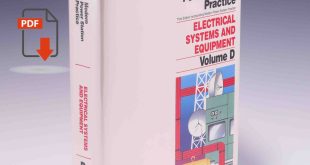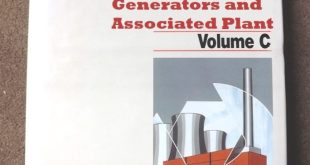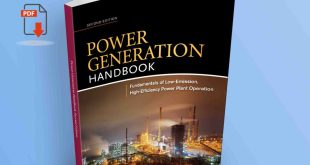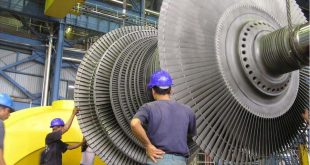Today we will discus about the role of Chemistry in a Power Plant Boiler and why it is important to maintain chemistry in the power plants. As we know much of the equipment is made of metals that are expected to have a long life in power stations with little or no failure. Experience has taught us that metals are subject to corrosion and erosion and that heat transfer surfaces can become fouled thus leading to overheating of such surfaces with subsequent failure of the materials It is important, therefore, to learn something about chemistry in order to gain some knowledge of how we may control the attack on metal surfaces.
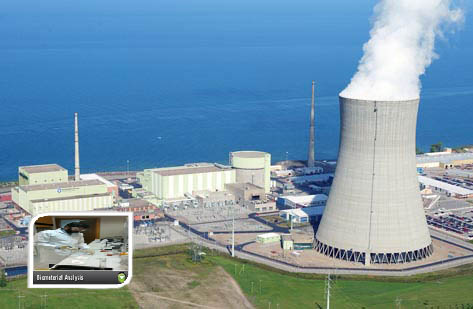
In general it might be said that a study of chemistry enables the serious student to carry out his work more effectively and with greater satisfaction, A list of some reasons for studying chemistry is compiled below:
- Strength Loss in Metals due to Corrosion:
Incorrect chemical conditions will cause materials to corrode. This in turn weakens the material until it cannot withstand the operating conditions and hence the material fails. For example, severe rusting of a steel pipe makes the metal walls weak in the region of the rusting, and the pressure of the fluid in the pipe will cause it to fail eventually. There are several types of corrosion and this will be discussed in subsequent lessons.
- Strength Loss due to Metallurgical Changes:
Incorrect chemical conditions will accelerate changes in the crystalline structures of materials with subsequent failures due to a reduction in strength.
- Heat Transfer Reduction by Algae:
Water supplies usually contain very tiny plants called algae. These may feed on the chemicals in the water to promote growth and the formation of coatings or slimes on the tubes of heat exchangers. This reduces the efficiency of heat exchangers. By the addition of chlorine, such kind of two organisms may be killed in the cooling water system.
- Heat Transfer Reduction by Suspended Particles:
Fluids traveling at high velocity may carry suspended particles. When the velocity is reduced these particles can settle out on heat transfer surfaces to reduce efficiency. An example is a formation of “crud” on water walls tubes, which can cause rupture of tubes due to overheating.
- Gas Locking and Foaming:
Fluids containing too much-dissolved gas will cause faulty operation of equipment. For example, a heat exchanger may become gas bound resulting in reduced heat transfer and localized overheating; or a pump might become gas-locked with a resultant stoppage of fluid flow; or gas bubbles separating from a fluid in a pump produce cavitation and early failure of the pump impeller, shaft and/or seals. Also, liquid in a tank may froth and cause the liquid to be carried over to some other component of the system with undesirable results.
- Erosion Causing Strength Reduction and Wear:
Fluids containing small particles may erode or wear away critical parts of equipment. For example, dirt may destroy mechanical shaft-seals of pumps, wear down pump impellers. Silica present in Boiler Feed Water may cause pitting on turbine blades. [bws_pdfprint]
 Boilersinfo Boiler and Mechanical Power Digital Library
Boilersinfo Boiler and Mechanical Power Digital Library
